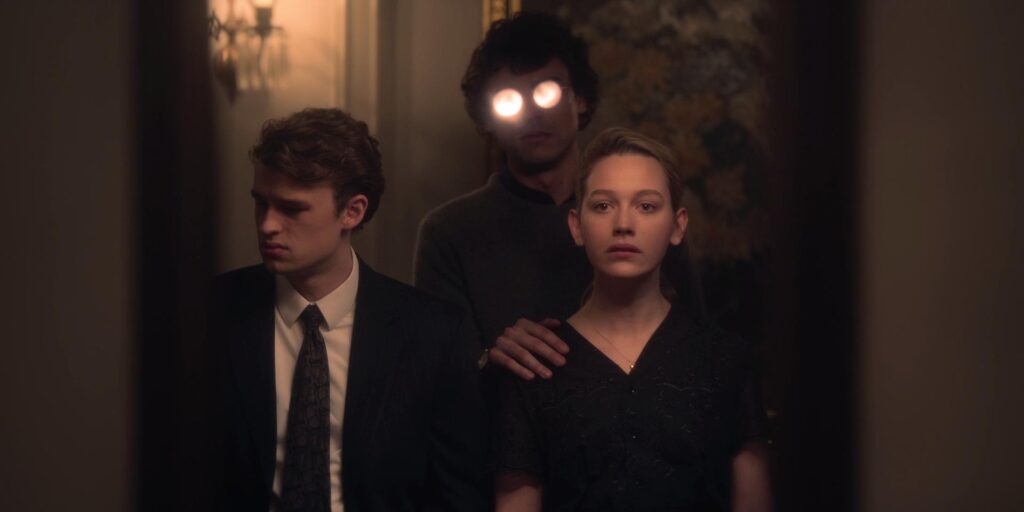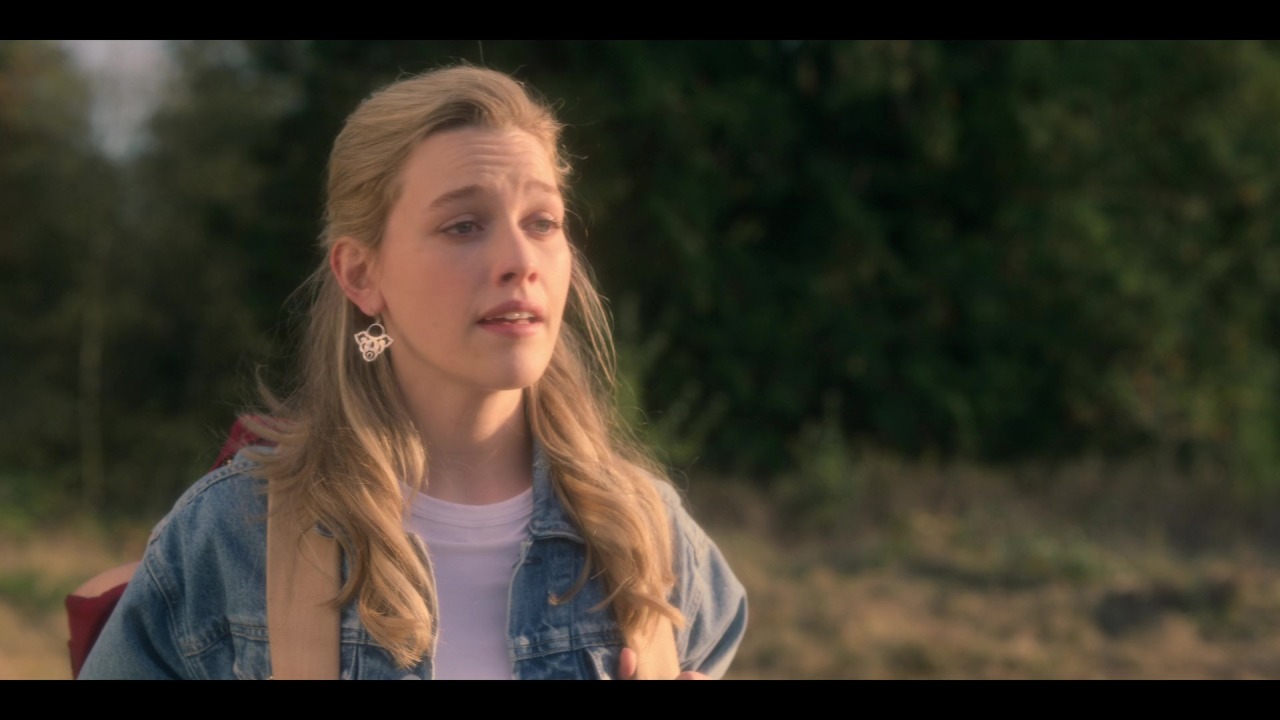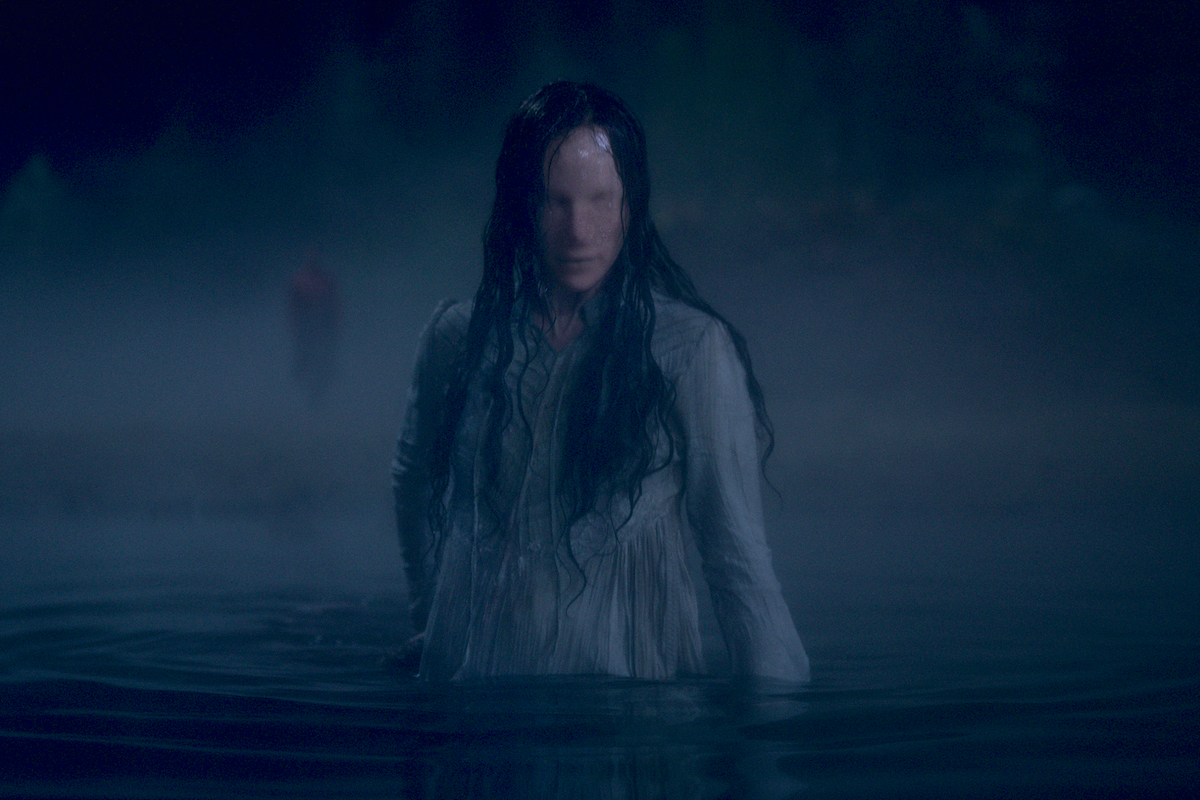
You ever wonder about old houses? Not just the ones with creaking floors and cobwebs, but the ones that just… feel heavy. Like all the laughter and the tears and the fights and the quiet conversations got pressed into the very stones, soaking into the plaster.
Well, if you have, then Mike Flanagan’s The Haunting of Bly Manor is gonna get under your skin like a splinter you can’t quite dig out. It ain’t about boogeymen jumping out of closets, not really. It’s about the kind of haunting that happens when grief gets stuck, like a record skipping, playing the same sad, terrible song over and over. And sometimes, friend, the saddest songs are the most terrifying.
We meet Dani Clayton, fresh off the boat from America, looking for a clean slate, a quiet place to bury something she’s running from. She lands at Bly Manor, this sprawling, beautiful old place out in the English countryside, all mist and ancient trees. On the surface, it’s a postcard. But you just know, don’t you? That feeling in your gut when a place is too pretty, too quiet. It’s waiting. And Dani, poor girl, with her big, kind heart and her own shadow tagging along behind her, she’s just the one Bly’s been waiting for.

See, the ghosts here ain’t your usual sheet-wearing specters, not exactly. Oh, there are those, sure enough. The Lady in the Lake, she’s a piece of work, a real heartbreaker who got so angry, so possessive, she just… wouldn’t leave. And when a soul gets stuck like that, a real strong one, it starts pulling others in, like iron filings to a magnet. But the real horror, the subtle, insidious stuff, is how the living folks are haunted.
Take Hannah Grose, the housekeeper. You see her, she’s got a smile, a bit of a daze about her, like someone always just woke up from a long nap. She’s polite, she’s efficient, but something’s off. She forgets things. Repeats things. And you slowly realize, with a chill creeping up your spine, that her now isn’t quite the same as your now. She’s stuck in her own little loops of memory, a ghost in plain sight, unable to know she’s already gone. That, my friend, is the kind of haunting that’ll make you check your own watch, just to make sure the seconds are still ticking forward.
And the children, Miles and Flora are not just some ordinary kids. They’re little sponges, soaking up all that history, all that sorrow. They’re touched. They see things, they know things, they play games to try and keep the badness at bay. But when you’re dealing with something as old and as hungry as Bly, games won’t save you. They’re just another way to get “tucked away.” That’s the chilling phrase they use, like putting a toy on a shelf. But it means being shunted into a forgotten corner of your own mind, watching your body wander around like a puppet. Gives you the shivers, doesn’t it? The thought of being trapped inside yourself, powerless.
![]()
What Bly Manor understands, deep in its bones, is that love, when it’s gone wrong, when it’s clinging and possessive, that’s the real curse. The Lady in the Lake, she loved her daughter, but it was a twisted, selfish love that damned them both. And Peter Quint, the rotter, he wanted to stay connected to Rebecca Jessel so bad he trapped her, too. These aren’t just characters; they’re cautionary tales, etched onto the very walls of that house. They show you how attachment, when it becomes obsession, can turn the heart into a cage.
Dani, bless her heart, she tries to break the cycle. She falls in love with Jamie, the gardener, and it’s a real, good love, a steady flame in a house full of cold shadows. But Bly, it demands a price. It always does. And the ultimate sacrifice, Dani’s final, heart-wrenching act, it tells you something profound about what it means to truly love, and what it costs to break a curse that’s not just in the house, but in the very fabric of existence. It’s a sad end, in a way. But there’s a strange, aching beauty to it, too. Like watching a terrible storm finally break, leaving behind an awful, quiet calm.
So, when you turn out the lights tonight, think about Bly. Think about the people who loved too much, who grieved too hard, who just couldn’t let go. Because sometimes, the real horror isn’t the ghost standing over your bed. It’s the one inside your heart, the one that whispers old sorrows, tying you to a past that refuses to die. And that, my friend, is a haunting that never really ends.





